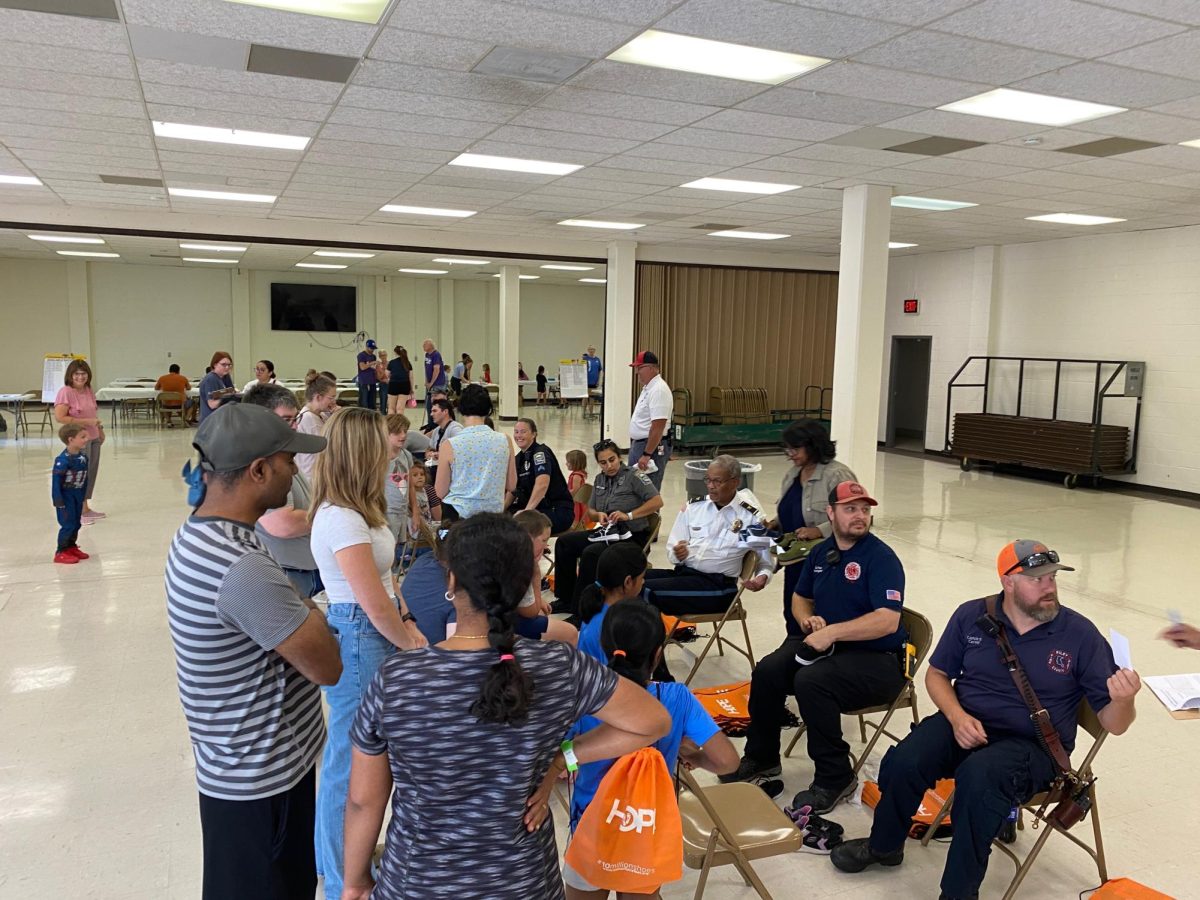College in California comes with no shortage of expectations. You’re supposed to ace your classes, work part-time, network your way into a future career, make lifelong friends, sleep at some point, and somehow enjoy every moment along the way. But real life doesn’t always line up with that glossy brochure version. Stress, anxiety, burnout, and deeper mental health struggles are more common than most students admit—and many don’t know where to start when it’s time to ask for help. Let’s break down some smart questions every California college student should consider before seeking mental health support.
Is What I’m Experiencing a Normal Part of the College Grind—or Something More?
Everyone hits rough patches in college. It’s not unusual to feel anxious before a big exam, sad after a breakup, or exhausted after back-to-back deadlines. These are common challenges that most students face at some point, and usually they pass with a little rest, support, or time. But when difficult feelings start to become your baseline instead of the exception, it’s time to take a closer look.
If you’re feeling stuck in sadness that doesn’t lift, worrying constantly about things that used to feel manageable, or having trouble concentrating, eating, or sleeping—those aren’t just typical bumps in the road. They might be signs of a deeper mental health issue that needs more than a vent session or a nap to resolve. The key is to be honest with yourself. You don’t need to hit rock bottom to get help.
Should I Be Considering Inpatient Mental Health Treatment?
This question often makes students pause. Inpatient care can sound intense, and it’s easy to assume it’s only for the most extreme cases. But the truth is, inpatient mental health facilities in California, Texas, and Kansas, especially near colleges and universities, offer a level of care that’s thoughtful, personalized, and incredibly effective for students who need more support than weekly therapy sessions can provide.
If you’re dealing with symptoms that disrupt your ability to function—like severe anxiety, depression, trauma responses, or suicidal thoughts—it might be time to consider a residential program. These facilities provide immersive care in a safe, structured environment that’s built for recovery. That means consistent therapy, daily routines, support from mental health professionals, and time away from academic pressure so you can actually focus on getting better.
What Do I Actually Want Out of Mental Health Support?
Not all care looks the same. Some students are looking for a safe place to talk through stress. Others want help changing specific behaviors, healing trauma, or managing serious diagnoses. Knowing your goal—at least in general terms—can help you figure out where to start and who to turn to. Are you hoping to process a recent life event? Learn tools to handle your emotions? Address long-standing patterns that are holding you back?
If you walk into therapy with no clue what you want, that’s okay too. A good provider can help you figure it out. But asking yourself this question first can help you skip a lot of frustration. Maybe you’ll realize you want something more structured, like cognitive-behavioral therapy, or that group support feels safer than individual sessions. When you have a clearer idea of what you’re seeking, it becomes easier to find someone who specializes in exactly that.
How Do I Feel About Asking for Help—And What’s Getting in the Way?
This is one of the hardest questions, but it’s also one of the most important. For a lot of students, asking for help brings up complicated feelings. You might worry that you’ll seem weak, be judged, or that your problems aren’t “serious enough” to deserve attention. Some students grew up in families where mental health wasn’t talked about or where being strong meant pretending you were fine. Others are afraid of what they might discover once they start digging into their feelings.
If any of that sounds familiar, know this: those fears are normal—but they don’t have to be the reason you stay stuck. Admitting that you need help doesn’t make you any less strong. In fact, it takes serious strength to face what’s happening inside your mind and take action to change it.
What’s Available on My Campus—and What Do I Need Beyond That?
California colleges often offer a solid starting point for mental health care. On-campus counseling centers can provide short-term therapy, wellness workshops, crisis intervention, and referrals for ongoing treatment. But depending on your needs, you might require care that goes beyond what campus resources can provide. If you’ve already met with a campus counselor but found that the support wasn’t enough—or if you’re facing long wait times or scheduling issues—it’s okay to explore outside options.
As a student, you’re allowed to ask for more. You might want a therapist who specializes in your specific concern, or a program that offers more frequent sessions and a broader range of tools.




















































































































